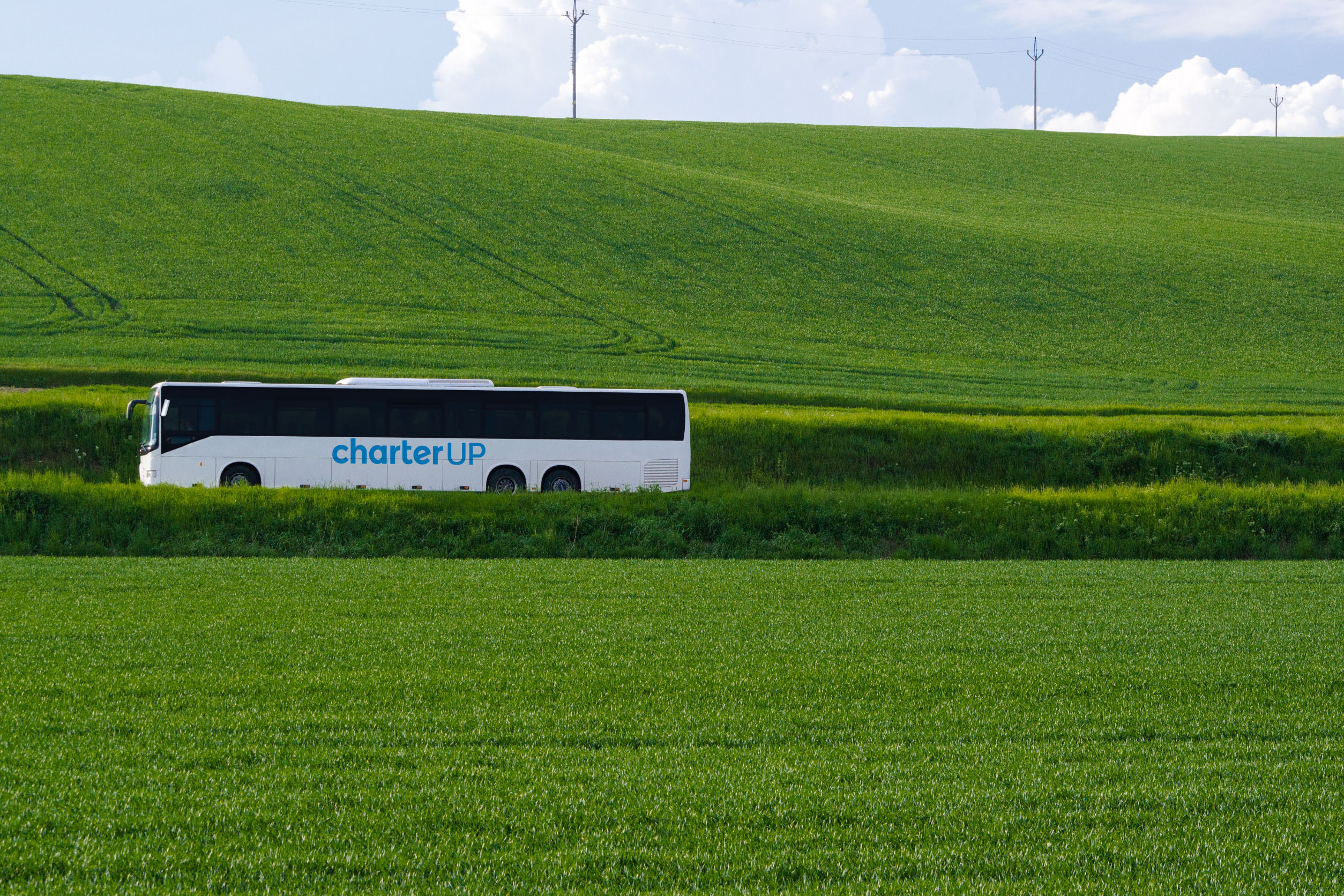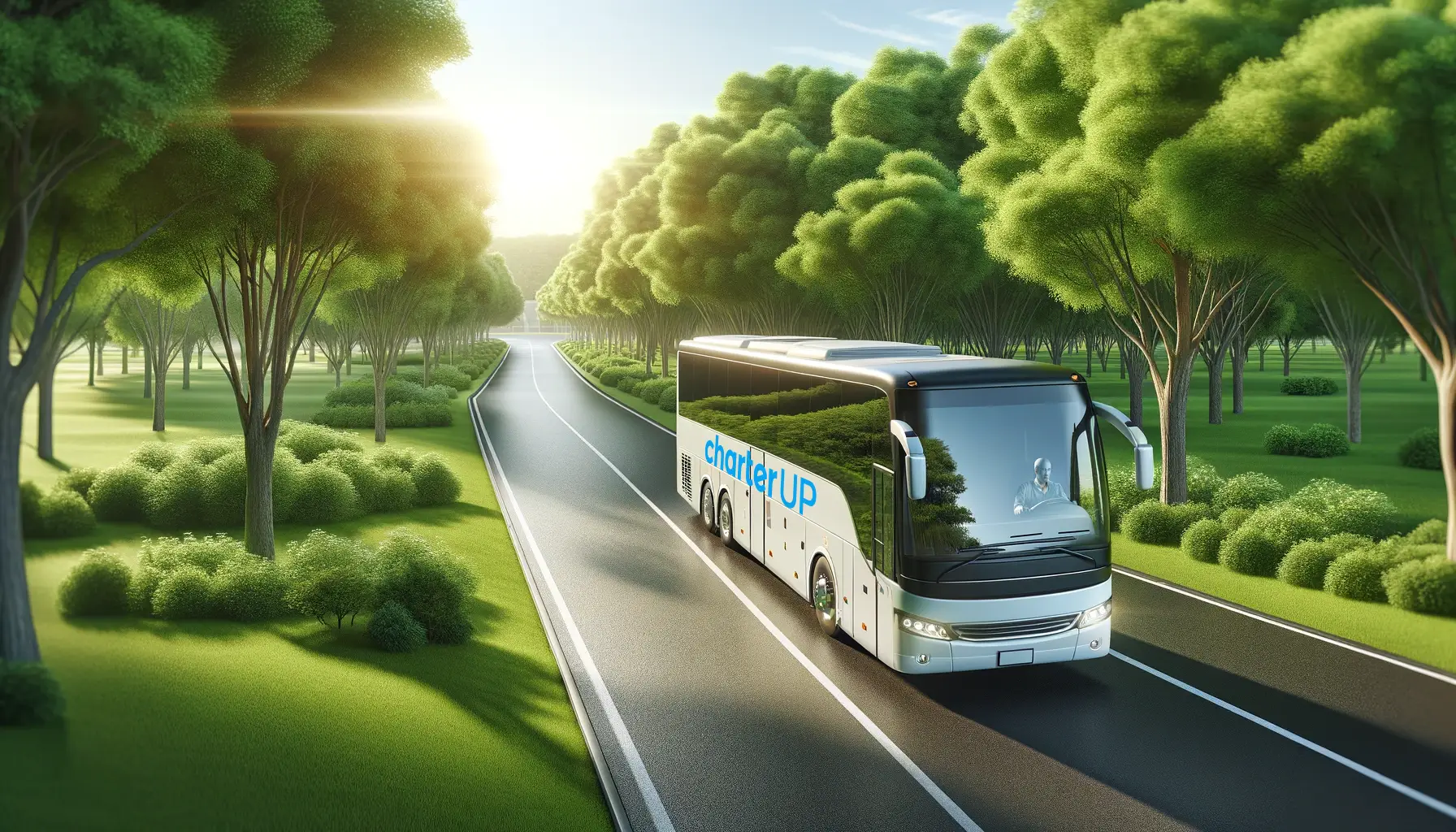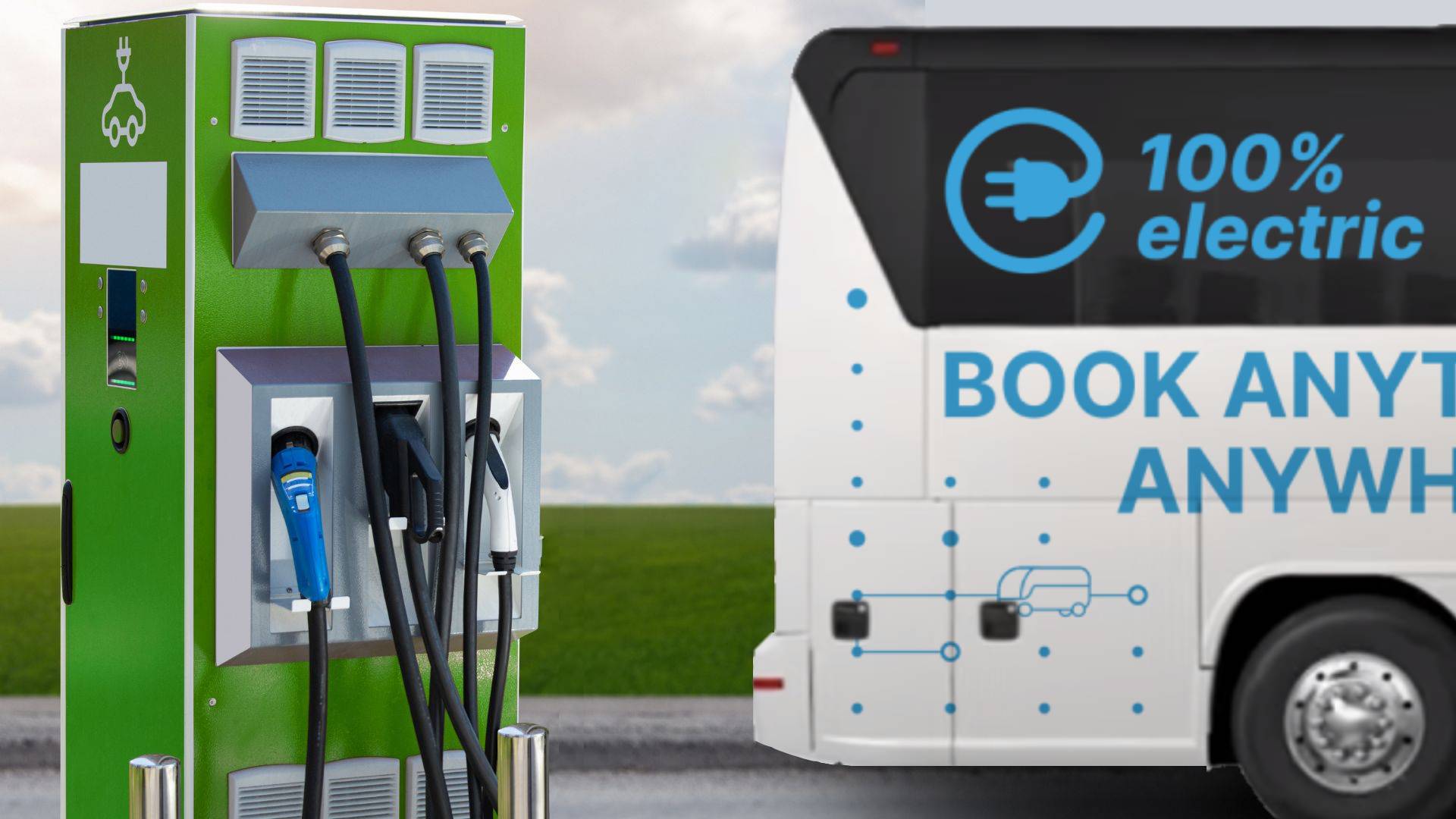The transportation industry is currently responsible for more greenhouse gas emissions than any other sector in the U.S. economy, but CharterUP envisions a future that is greener, cleaner and more sustainable.
With a strong commitment to innovation and sustainability, CharterUP is spearheading a future with less traffic and a greener environment. Through strategic initiatives and visionary leadership, CharterUP is revolutionizing the way we move and setting new industry standards.
Since its inception in 2018, CharterUP has experienced remarkable growth, defying industry challenges even amidst the pandemic. Through collaborative partnerships, CharterUP has developed a streamlined platform that enables customers to effortlessly book trips while supporting bus operators through cutting-edge software solutions, driver recruitment assistance and interest-free loans for bus purchases. However, CharterUP’s aspirations extend beyond its own success.
At the heart of CharterUP’s vision lies a dedication to reducing carbon emissions, revitalizing urban spaces and making a lasting impact for future generations.
Speaking at the Atlanta Business Chronicle’s 2023 Pacesetters event, CEO Armir Harris reaffirmed the company’s commitment to sustainability.
“We want to reduce carbon emissions,” he said. “I want to leave the world with less parking lots and more parks.”
The electric bus market is growing rapidly, according to CALSTART’s annual inventory of zero-emission buses. Nearly 5,500 zero-emission full-sized electric buses have hit the road across the U.S., an increase of 66% since the 2021 count. For example, 32% of the San Francisco buses in its US transit fleet were electric. Most of these buses are deployed by urban transit agencies, however, with electric price tags and battery range preventing widespread adoption within the private motorcoach industry.
Currently, only around 5 percent of the buses available through CharterUP’s marketplace are electric. However, CharterUP is taking proactive steps to overcome these challenges by initiating strategic partnerships and engaging in vital conversations.
Compared to conventional diesel motorcoaches, electric buses typically carry a 20 percent higher bus price tag, ranging from $400,000 to $600,000. In order to address this barrier, CharterUP’s leaders have started discussions with overseas manufacturers, aiming to collaborate on reducing the cost of electric buses.
CharterUP is leveraging its platform and technology to monitor and enhance the performance of bus operators across the country, ensuring transparency and sustainability go hand in hand. CharterUP believes group transportation can be more than just a way to move people; it can be a catalyst for change.



